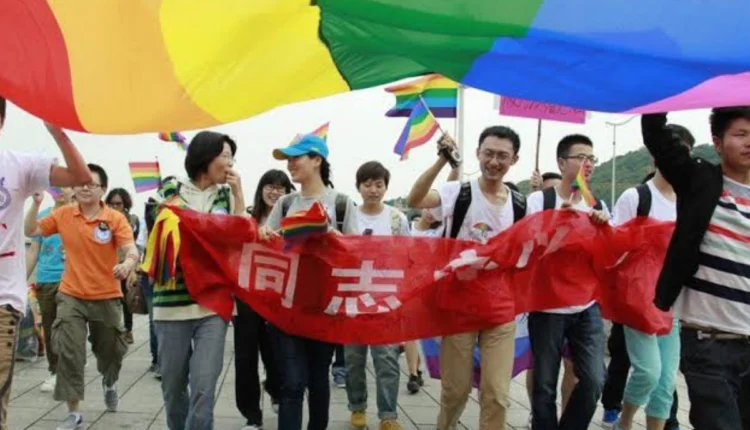China’s LGBTQ : Recent Days From June 24 Ban Sparks Global Outrage: A Closer Look at the Controversial Move
China has banned depictions of gay and transexual individuals from television.
China’s LGBTQ : In a surprising and contentious move, the Chinese government has imposed a ban on the depiction of gay and transgender LGBTQ individuals from all forms of television media. This decision, announced last week, has ignited a firestorm of controversy both within China and across the globe, raising concerns about human rights and freedom of expression.
The ban, which extends to TV shows, movies, and online content, has sent shockwaves through the LGBTQ community and its allies, who see it as a significant setback for inclusivity and acceptance. Critics argue that it not only perpetuates discrimination but also hinders the progress that has been made in recent years towards LGBTQ rights.
China, a nation with a complex socio-political landscape, has often faced criticism over its record on human rights. With this latest move, the Chinese government seems to be tightening its grip on cultural expression, prompting questions about the limits of artistic freedom in the country.
International reactions have been swift and impassioned. Human rights organizations worldwide have condemned the ban, calling it an infringement on the basic rights of( LGBTQ) individuals to be represented and acknowledged in media. Social media platforms are awash with hashtags and campaigns advocating for LGBTQ rights in China, with celebrities, activists, and ordinary citizens lending their voices to the cause.
China’s LGBTQ & Ban
The ban’s impact is not confined to China’s borders, as it could have far-reaching effects on the global entertainment industry. Many international production companies and broadcasters have significant ties with China, and this ban may lead to self-censorship or even affect the content they create in fear of violating the country’s regulations.
On the domestic front, Chinese LGBTQ activists have vowed to fight for their rights, despite facing an increasingly restrictive environment. They are utilizing underground networks, encrypted messaging apps, and other covert means to continue advocating for their cause and sharing stories that resonate with millions of individuals.
China’s stance on LGBTQ rights has been evolving, with some progress made in recent years, such as the decriminalization of homosexuality in 1997 and the removal of it from the official list of mental disorders in 2001. However, this recent ban appears to be a step backward in the journey towards greater acceptance and recognition of LGBTQ individuals in Chinese society.
As the world watches closely, the future implications of this ban remain uncertain. Will it galvanize a stronger global push for LGBTQ rights in China, or will it deepen the divide between cultural values and human rights perspectives? Only time will reveal the answers.

